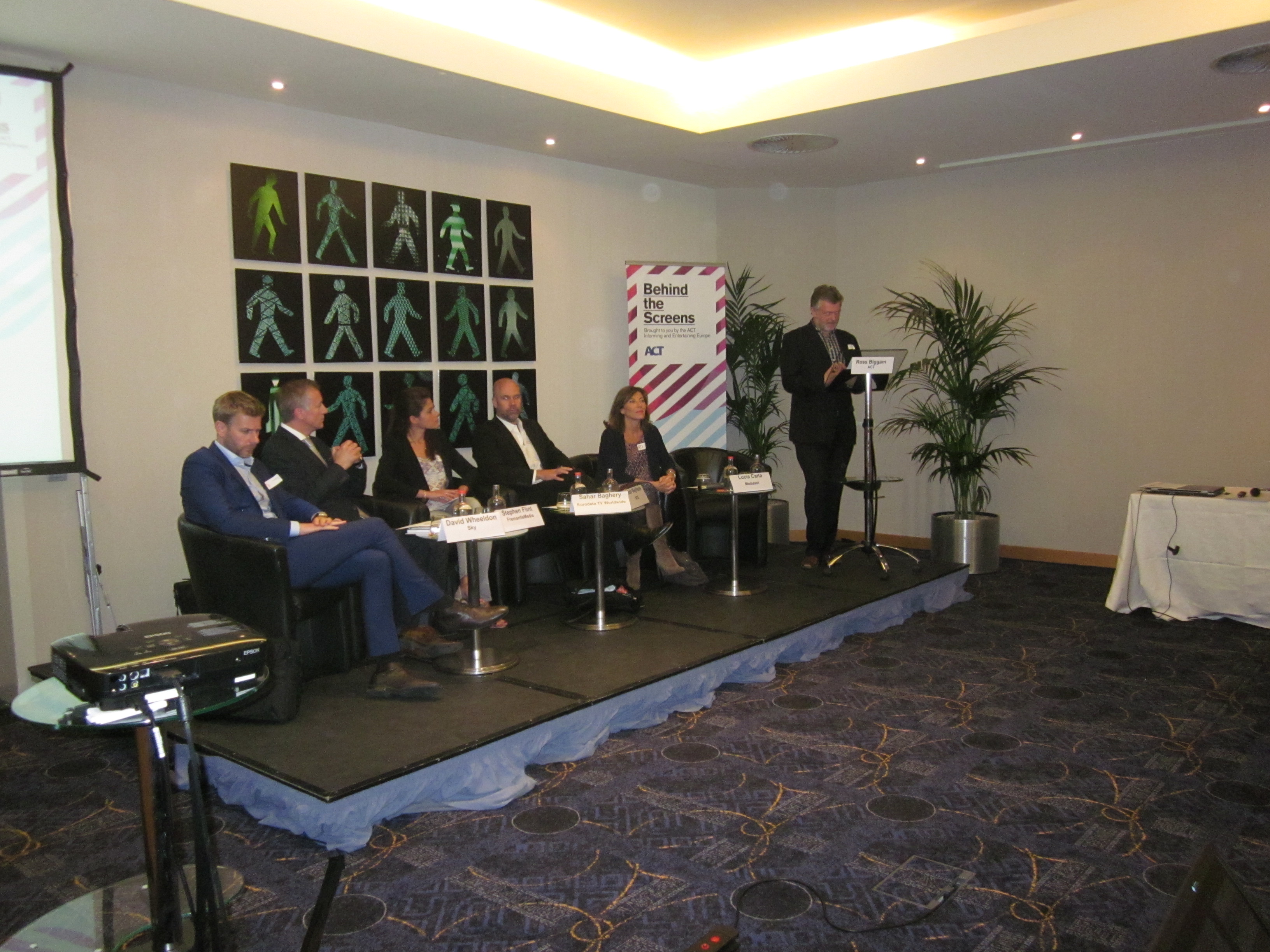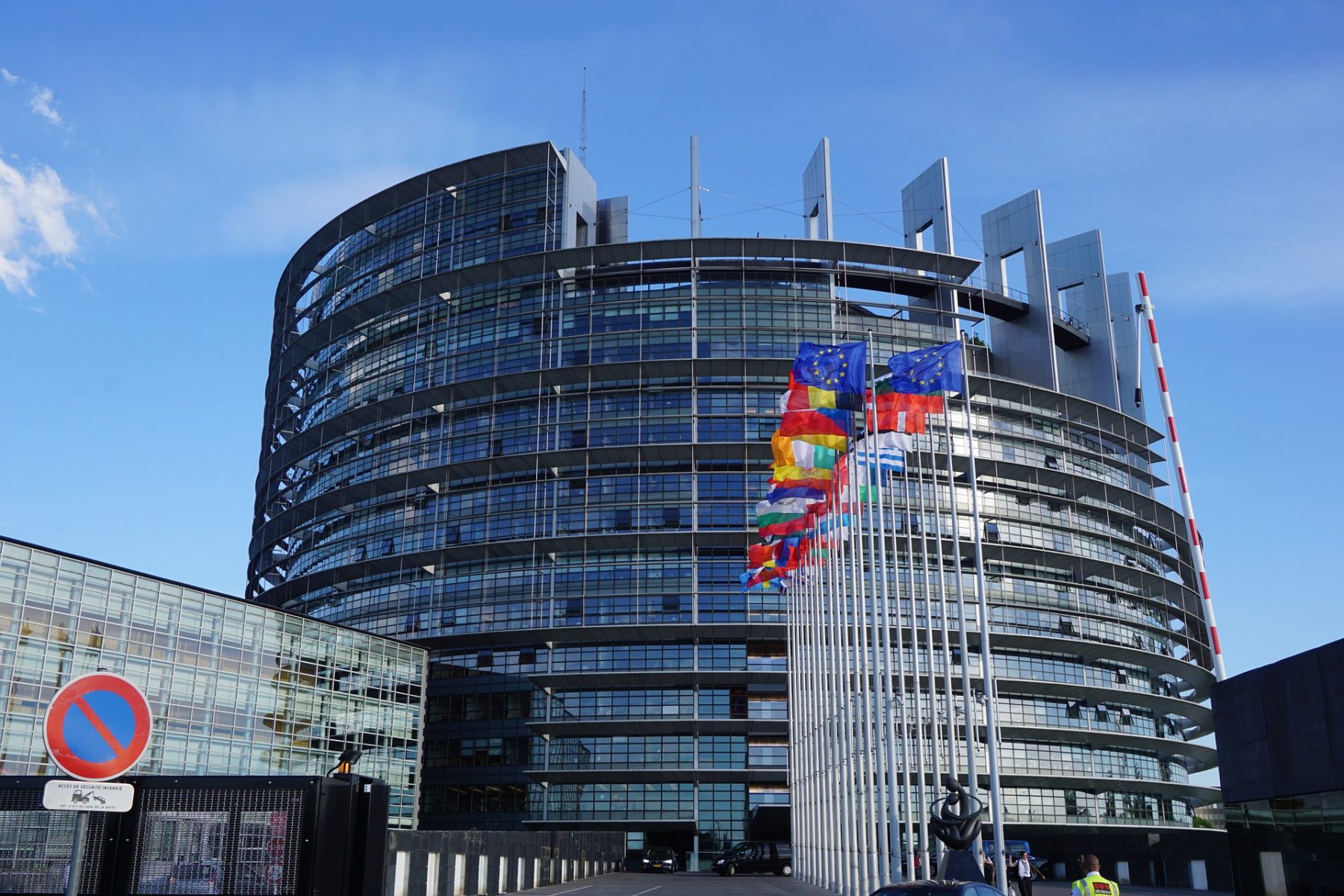Behind the Screens III: European commercial broadcasters showcase the reality behind the TV programming and content cross frontiers

Download the document
In order to understand the importance of TV content, the dynamism and negotiation process around trying to get the best distribution deals, one needs to be present at the largest TV and digital content market in the world, Miptv in Cannes. For those who could not make it to South of France along with 13,600 participants from over 100 countries last month, commercial broadcasters organised a de-brief seminar for over 50 officials representing the European Institutions, national governments and the industry in the heart of Brussels.
In order to understand the importance of TV content, the dynamism and negotiation process around trying to get the best distribution deals, one needs to be present at the largest TV and digital content market in the world, Miptv in Cannes. For those who could not make it to South of France along with 13,600 participants from over 100 countries last month, commercial broadcasters organised a de-brief seminar for over 50 officials representing the European Institutions, national governments and the industry in the heart of Brussels.
Lucia Carta, Head of Business Affairs at Mediaset and Jakob Mejlhede, Executive Vice President of Programming and Content Development at MTG who just returned from the LA screenings explained the main difference between a European market such as MIPtV and an American like the LA and emphasized that it is important to simply attend both. »MIP, which this year focused on the Nordics, known for their top drama content, is a market where almost all TV content distributors around the globe are present, and where buyers from all over the world have meetings back to back from 9am to 9 pm with different distributors from all over the world to both scout for new content and discuss deals, whereas the LA Screenings is a market gathering where the US studios present to most major broadcasters from around the globe their new TV slates as well as part of their new film slates for the upcoming year«.
All of the speakers shared their experience from Cannes and presented some of the specificities of this important market for each of them.
The centre part of the debate was around the transformation of the TV ecosystem with new entrants playing by different rules. »More competition, more platforms to broadcast contents and more challenge to catch the viewers’ attention, all call for a new creative excellence«, said Laurine Garaude, Director of the TV Division at MIPTV, MIPCOM. »Therefore, the average content is out of question as it will never work, it needs to reflect the culture«, was added by David Wheeldon, Director of Policy and Public Affairs at Sky.
All speakers agreed that piracy is a massive threat and that not enough emphasis is put on it at the member states’ level. It poses a major setback for the growth of every content business, may it be traditional or online. This creates higher expectations on content availability, less appetite to pay for it and consequently reduces the interest in investing into content throughout the content chain.
In the last part, the panel debated the obstacles linked to regulation, local specificities and limited circulation of TV content. Jakob Mejlhede (MTG) presented some successful examples that prove otherwise, such as Scandinavian series Borgen and Bron and Stephen Flint, Director of Operations, Global Entertainment Production at FremantleMedia touched upon the international co-production as one of the logical steps to facilitate the creation of content in Europe. He underlined that in order to overcome the cultural differences and national consumption habits and to enable a stronger circulation of content; adaptations of formats are one of the ways to achieve that. He stressed that »in general it has been easier for English shows or series to travel from countries with same language or culture, however what is more important is whether the content touches the local audiences or not. Locally produced content can also tell universal and authentic stories.«


